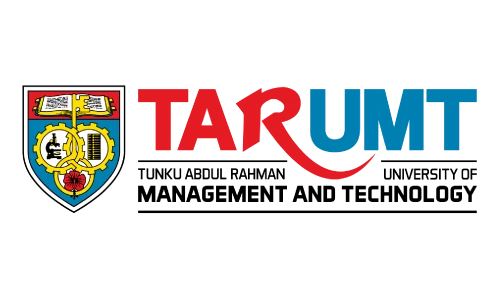Compare Top Nutrition Degree Courses in Malaysia
Explore and compare top-rated Nutrition Degree programmes offered by universities across Malaysia. Filter by tuition fees, location, study mode and specialisation to find the course that best fits your academic goals and budget.
There are 4 colleges and universities offering 4 Nutrition Degree Courses.

University of Nottingham Malaysia
Semenyih, Selangor
Intake
Sep
Tuition Fees
RM156,000
Get RM300 Rebate when you enrol through EduAdvisor! T&C apply.
Monash University Malaysia
Bandar Sunway, Selangor
Intake
Feb, Jul
Tuition Fees
RM154,080
Get RM100 Waiver + RM300 Rebate when you enrol through EduAdvisor! T&C apply.
IMU University
Main Campus, Kuala Lumpur
Bachelor of Science (Hons) Dietetics with Nutrition
Intake
Jul, Sep
Tuition Fees
RM213,200
Get up to RM800 Waiver + RM300 Rebate when you enrol through EduAdvisor! T&C apply.
Tunku Abdul Rahman University of Management and Technology (TAR UMT)
Kuala Lumpur Main Campus, Kuala Lumpur
Bachelor of Science (Hons) in Nutrition
Intake
Jan, Jun, Nov
Tuition Fees
RM43,400
FAQs about Studying a Nutrition Degree in Malaysia
Nutrition is the study of food and nutrients and how they affect the health of individuals.
Studying Nutrition means learning about how the body digests and utilises the nutrients in foods so that a well-balanced diet can be achieved. You will be taught the physiological and biochemical processes involved in nourishment and how nutrients in food can be converted to energy.
Practising good nutrition such as consuming the appropriate amount of nutrients from healthy foods, is important as it can aid in helping individuals stay healthy while reducing the risk of diseases. Poor nutrition on the other hand, is where the overconsumption of unhealthy foods lead to a lack of energy, health issues and allergies.
A Nutrition degree will provide you with the fundamentals of nutritional sciences and as well as an in-depth understanding of the relationship between food, health and disease.
o pursue a Degree in Nutrition, the typical entry requirements are:
- A-Level: Minimum of 2Ds, including Biology, Chemistry and Physics / Mathematics; or
- STPM: Minimum of 2Cs, including Biology, Chemistry and Physics / Mathematics; or
- Australian Matriculation: Minimum of ATAR 60, including 60% in Biology, Chemistry and Physics / Mathematics; or
- Foundation in Science: Minimum CGPA of 2.50; or
- Relevant Diploma: CGPA of 2.75
You also need to have a minimum of 5 credits in SPM or equivalent, with good grades in Mathematics and 1 Science subject.
Entry requirements for some universities may differ, so it’s important to pore over the details thoroughly.
To pursue a Degree in Nutrition, you need to have an SPM qualification or equivalent and a pre-university qualification. You must also meet the minimum entry requirements of the university.
A Degree in Nutrition is typically 3-4 years long.
Upon completing a Degree in Nutrition, you will have several options:
- Enter the workforce immediately; or
- Work and pursue your postgraduate studies at the same time; or
- Pursue your postgraduate studies in a relevant field
Once you complete your Degree in Nutrition, you can consider the following job options:
- Nutritionist
- Nutritional supplement specialist
- Public health nutritionist
- Nutrition journalist
- Fitness nutrition specialist
- Wellness consultant
Different students may have different preferences when it comes to choosing the right university. Here are some questions to consider when making a decision:
- Is the institution’s Degree in Nutrition accredited by the Malaysian Qualifications Agency (MQA)?
- Can you afford the course fees?
- Are you comfortable with the location of the university?
- Have you visited the campus, and do you like the campus environment and facilities?
- What support services does the institution have to help you while you’re there as well as beyond college or university?
If you’re unsure whether studying for a Degree in Nutrition is right for you, here are some articles that may help:
Want to explore other courses? Check out our comprehensive Course Guides, spanning across various fields at Diploma and Degree levels.




